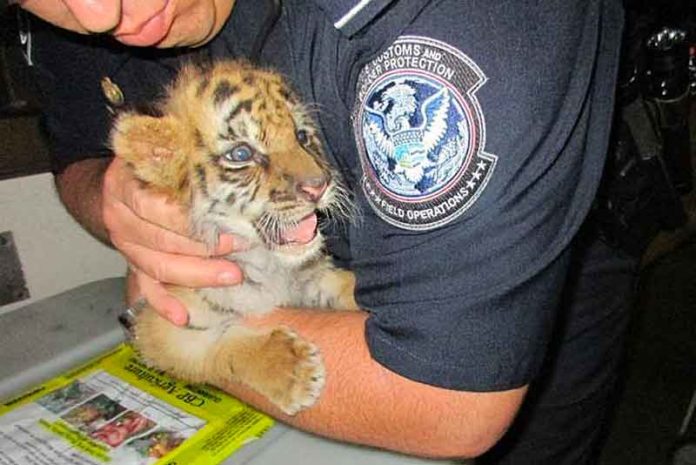U.S. Customs and Border Protection (CBP) officers and agriculture specialists stationed in Cincinnati routinely encounter unique concealment methods employed by smugglers of all types.
From dangerous narcotics, fake IDs, illegal steroids and smuggled cash, to agricultural pests and invasive or endangered species, the officers and specialists have seen it all.
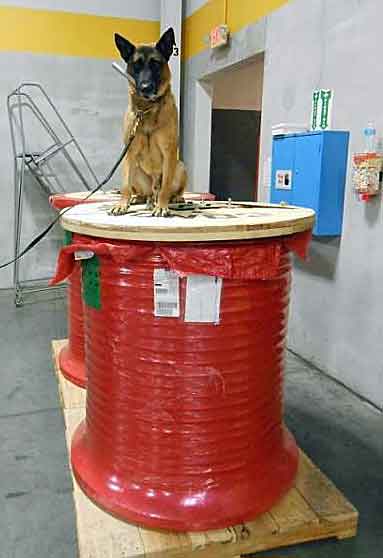
Nationwide, CBP agriculture specialists discovered more than 352 pests and 4,638 quarantine materials and CBP officers seized more than 5,863 pounds of narcotics on any given day in fiscal year 2017.
“Our officers are very familiar with the many ways smugglers try to evade inspection,” said Cincinnati Port Director Ron Cloud.
“Officers learn to think creatively about where things might be hidden because drugs can be anywhere—inside books, auto parts, spools of ribbon, crepe makers, study binders, food, statues, photo frames—if there is space inside an item it could contain something illegal.”
Marijuana may be in soap bottles, wedged into CD cases, and tucked between folded bedsheets.
From dangerous narcotics, fake IDs, illegal steroids and smuggled cash, to agricultural pests and invasive or endangered species, the officers and specialists have seen it all.
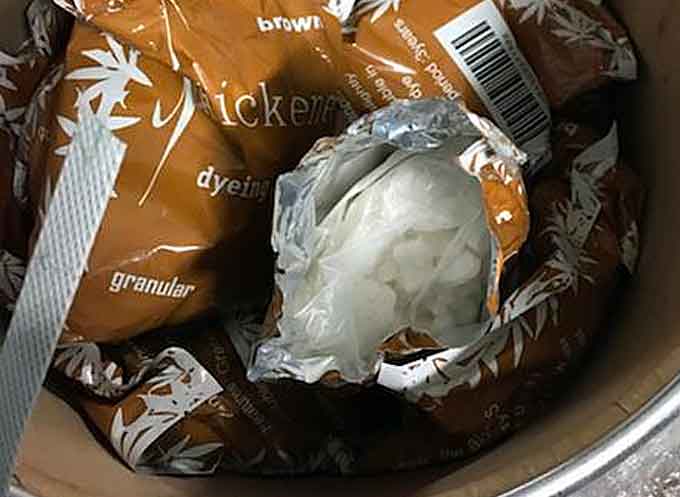
Sometimes the commodity shipped will be completely legitimate but drugs are injected into the box flaps of the packaging.
Canned goods could contain bottles of what appears to be antibiotics but testing reveals they contain synthetic marijuana.
Tortellini packages could hold prohibited lamb meat instead of pasta. Car mirrors and backpacks can be engineered with secret compartments that hold cocaine.
Often, enforcement areas overlap.
(Learn More. CBP Field Operations enforces the laws at every land port, sea port, and international air port that receives passengers or cargo. CBP Field Operations protects U.S. borders from criminals, terrorists, narcotic traffickers and weapons smugglers. They intercept pests and plant pathogens that could harm our food supply, natural resources and public health. Courtesy of CBP and YouTube.)
There could be marijuana or federal noxious weeds in tea cans, and bags of candy could contain marijuana-laced sweets or prohibited pork, all packaged to look like innocuous treats.
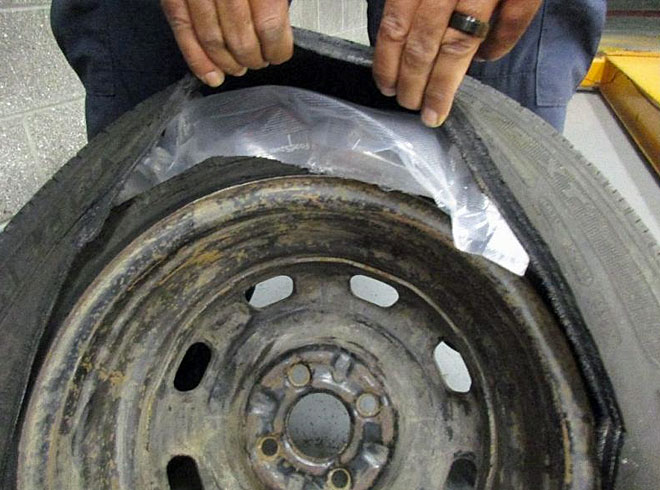
Sometimes the shipment is prohibited for multiple reasons, such as seeds and cocaine smuggled together in a finished wood product.
“Our agriculture specialists are trained to understand the current agriculture risks and disease status of every country in the world,” said CBP Supervisory Agriculture Specialist Barbara Hassan.
“Any plant or animal product might be carrying a disease or a pest that could seriously damage the agriculture industry and our native plants and animals in the United States.”
Since CBP officers and specialists screen all shipments and passengers that enter the U.S., they work closely with other government agencies to ensure the safety of U.S. citizens and wildlife.

Fifty pound boxes labelled as “ceramic tea set,” “grinding wheel disc,” or “clothing,” could contain nothing but bags full of live blood clams.
Blood clams are regulated by the U.S. Food and Drug Administration (FDA) because these animals can live in anoxic environments and therefore can pass along diseases such as typhoid and hepatitis to those handling or consuming them.
The U.S. Fish and Wildlife Service (FWS) works with CBP to prevent the introduction of invasive species like live mitten crabs found manifested as “Trousers,” “Shoes,” and “Clothes.”
Mitten crabs are considered a global threat and are listed on the Global Species Database’s list of “100 of the World’s Worst Invasive Alien Species” because of their disastrous impact on native habitats.
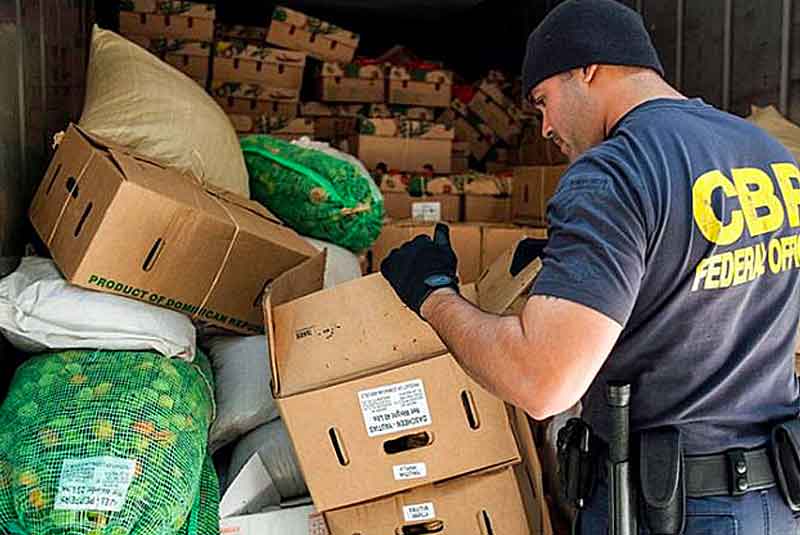
Animals in the exotic pet trade make up a significant portion of the illegal wildlife trade in the U.S., and Cincinnati officers and specialists have rescued live tortoises, centipedes, and tarantulas.
They have also found primate skulls, crocodilian heads, and many smuggled animals, usually reptiles, which did not survive the long trip.
CBP canines play a significant role in foiling smuggling attempts.
Narcotics detector dog Freddy has found a multitude of hidden narcotics, such as cocaine inside a steel propeller shaft and more than 1,000 pounds of marijuana packed inside cable drums.
Nuggett, an agriculture detector dog, stays busy sniffing out prohibited plant and animal products. Some of his seizures include a suitcase full of fresh fruit and the remainders of pangolins.
Pangolins are scale-covered mammals, some species of which are critically endangered because of the unsustainable and illegal trade in their scales.
(Learn More. CBP Agriculture Specialist Don Polliard explains what it takes for he and his four legged partner Hair E to keep America’s agriculture safe. Courtesy of U.S. Customs and Border Protection and YouTube. Posted on Aug 29, 2017)












